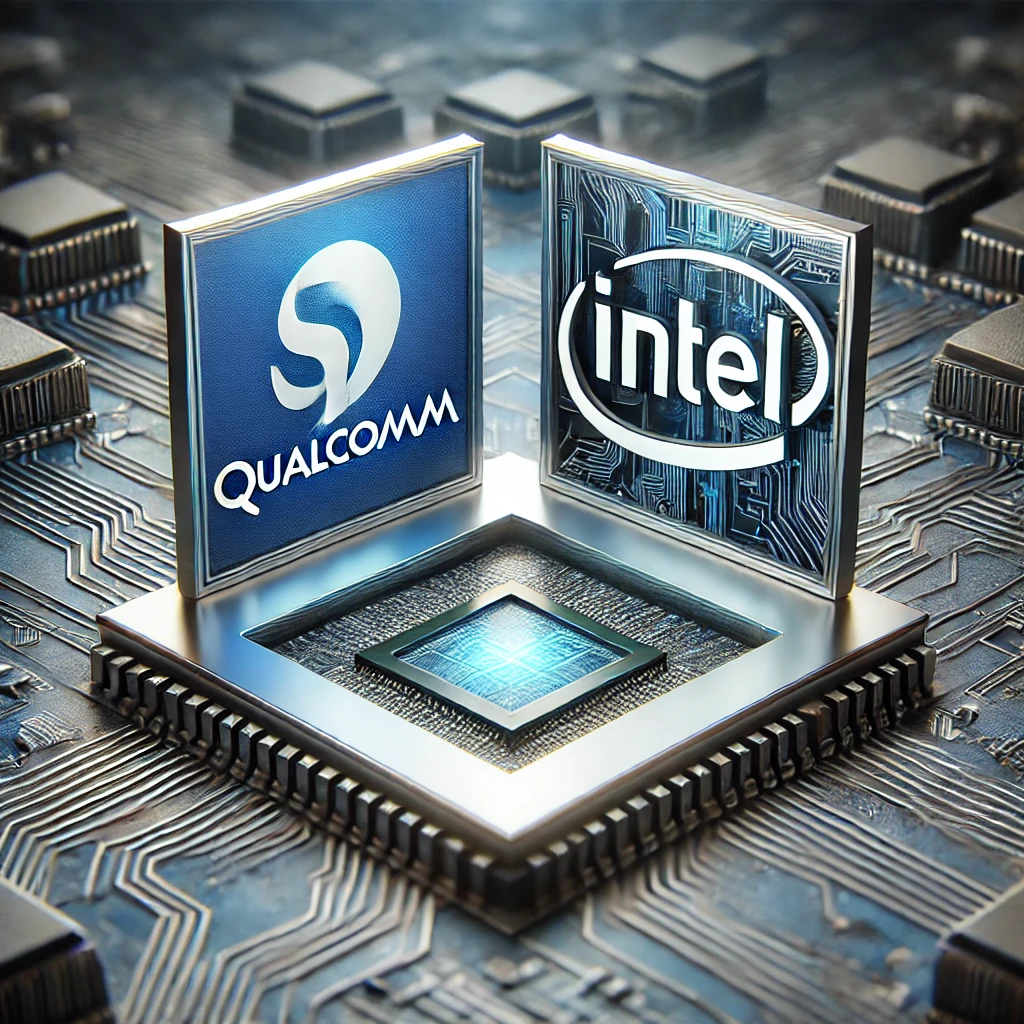In a surprising twist in the tech industry, Qualcomm has recently approached Intel about a potential takeover. Analysts are buzzing about this development, which could mark a significant shift in the landscape of U.S. technology and manufacturing.
Bob, an industry expert, shared his insights on the matter, highlighting the logical fit between the two giants. Qualcomm, a leading U.S.-based chip designer, and Intel, with its extensive manufacturing capabilities, could create a powerhouse if combined. Despite the potential synergy, Bob points out the significant regulatory hurdles that such a deal would need to overcome.
“There is a certain logic to it,” Bob explains. “Intel has faced numerous challenges, and it’s not surprising that potential suitors like Qualcomm see a great opportunity.” He continues to note that while there are some product overlaps, such as in PCs, many of Intel’s and Qualcomm’s offerings are complementary. This includes Qualcomm’s strength in smartphone ARM chips and Intel’s foothold in PCs and data centers.
Qualcomm Considers Acquisition of Intel’s Chip Design Business: A Major Shake-Up in the Semiconductor Industry
The discussion also touched on possible scenarios that could make the deal more palatable to regulators. One such scenario would involve Qualcomm only purchasing parts of Intel’s business that align closely with their current operations, avoiding the Foundry sector where Qualcomm lacks experience.
Bob concludes with a cautionary note on the complexities of such a massive undertaking, especially considering Qualcomm’s current market valuation. He stresses the importance of the Foundry business to U.S. manufacturing and technological competitiveness, underscoring the high stakes involved in any potential deal.
As the situation unfolds, industry watchers and consumers alike are keen to see how this potential merger will evolve, shaping the future of technology not just in the U.S., but globally.

